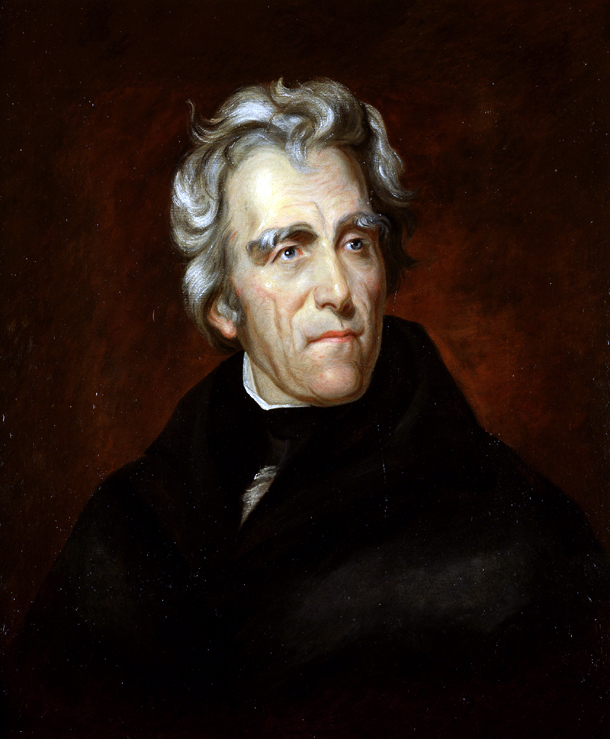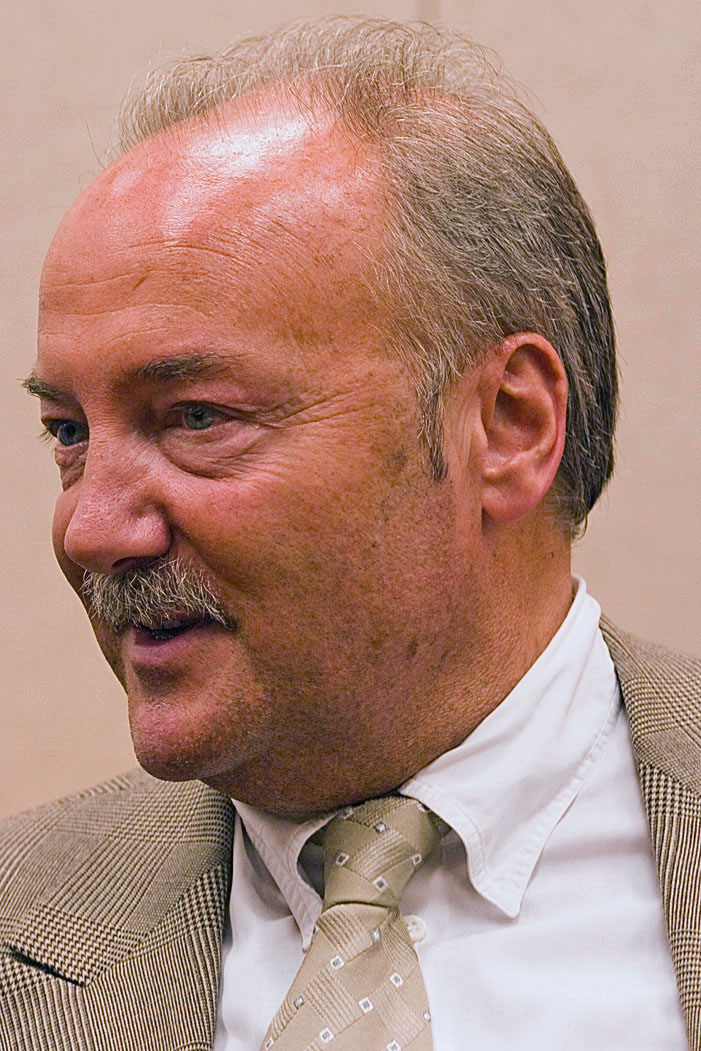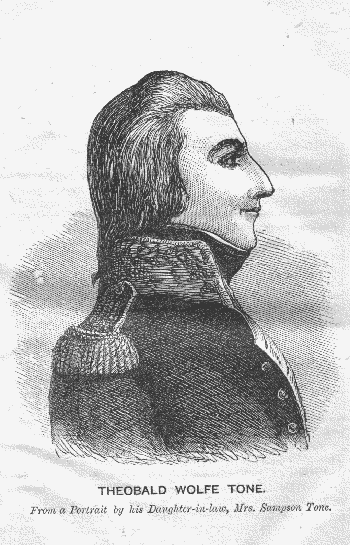|
Irish-Scottish People
Irish-Scots () are people in Scotland who have Irish ancestry. Although there has been migration from Ireland (especially Ulster) to Scotland and elsewhere in Britain for millennia, Irish migration to Scotland increased in the nineteenth century, and was highest following the Great Famine and played a major role, even before Catholic Emancipation in 1829, in rebuilding and re-establishing the formerly illegal Catholic Church in Scotland following centuries of religious persecution. In this period, the Irish typically settled in urban slum neighborhoods and around industrial areas. Irish ancestry is by far the most common foreign ancestry in Scotland. Famous Irish-Scots include Irish republican and socialist revolutionary James Connolly, author Sir Arthur Conan Doyle, left-wing politician George Galloway, actors Sean Connery, Brian Cox, Peter Capaldi and Gerard Butler, musicians Gerry Rafferty, Maggie Reilly, Jimme O'Neill, Clare Grogan and Fran Healy and stand-up comedi ... [...More Info...] [...Related Items...] OR: [Wikipedia] [Google] [Baidu] |
Coatbridge
Coatbridge (, ) is a town in North Lanarkshire, Scotland, about east of Glasgow city centre, set in the central Lowlands. Along with neighbouring town Airdrie, North Lanarkshire, Airdrie, Coatbridge forms the area known as the Monklands (population approximately 90,000 including outlying settlements), often considered to be part of the Greater Glasgow urban area – although officially they have not been included in population figures since 2016 due to small gaps between the Monklands and Glasgow built-up areas. In the last years of the 18th century, the area developed from a loose collection of Hamlet (place), hamlets into the town of Coatbridge. The town's development and growth have been intimately connected with the technological advances of the Industrial Revolution, and in particular with the hot blast process. Coatbridge was a major Scottish centre for iron works and coal mining during the 19th century and was then described as 'the industrial heartland of Scotland' and t ... [...More Info...] [...Related Items...] OR: [Wikipedia] [Google] [Baidu] |
Ulster Scots People
The Ulster Scots people or Scots-Irish are an ethnic group descended largely from Lowland Scottish people, Scottish and Northern English people, English settlers who moved to the northern province of Ulster in Ireland mainly during the 17th century. There is an Ulster Scots dialect of the Scots language. Historically, there have been considerable population exchanges between Ireland and Scotland over the millennia. This group are found mostly in the province of Ulster; their ancestors were Protestant settlers who migrated from the Scottish Lowlands and Northern England during the Plantation of Ulster, which was a Plantation (settlement or colony), planned process of colonisation following the Tudor conquest of Ireland. The largest numbers came from Ayrshire, Cumbria, Dumfries and Galloway, county Durham, Durham, Lanarkshire, Northumberland, Renfrewshire, Scottish Borders, Yorkshire and, to a lesser extent, from the Scottish Highlands. Ulster Scots people, displaced throug ... [...More Info...] [...Related Items...] OR: [Wikipedia] [Google] [Baidu] |
Brian Cox (actor)
Brian Denis Cox (born 1 June 1946) is a Scottish actor. A classically trained Shakespearean actor, he is known for his work on stage and screen. His numerous accolades include two Laurence Olivier Awards, a Primetime Emmy Award, and a Golden Globe Award as well as two nominations for a British Academy Television Award. In 2003, he was appointed to the Order of the British Empire at the rank of Commander. Cox trained at the Dundee Repertory Theatre before becoming a founding member of Royal Lyceum Theatre. He went on to train as a Shakespearean actor, starring in numerous productions with the Royal National Theatre and the Royal Shakespeare Company, where he gained recognition for his portrayal of King Lear. Cox received two Laurence Olivier Awards for Best Actor for his roles in '' Rat in the Skull'' (1984), for Royal Court and '' Titus Andronicus'' (1988). He received two more Olivier Award nominations for '' Misalliance'' (1986) and ''Fashion'' (1988). Known as a ... [...More Info...] [...Related Items...] OR: [Wikipedia] [Google] [Baidu] |
Sean Connery
Sir Thomas Sean Connery (25 August 1930 – 31 October 2020) was a Scottish actor. He was the first actor to Portrayal of James Bond in film, portray the fictional British secret agent James Bond (literary character), James Bond in motion pictures, starring in seven Bond films between 1962 and 1983. Connery originated the role in ''Dr. No (film), Dr. No'' (1962) and continued starring as Bond in the Eon Productions films ''From Russia with Love (film), From Russia with Love'' (1963), ''Goldfinger (film), Goldfinger'' (1964), ''Thunderball (film), Thunderball'' (1965), ''You Only Live Twice (film), You Only Live Twice'' (1967) and ''Diamonds Are Forever (film), Diamonds Are Forever'' (1971). Connery made his final appearance in the franchise in ''Never Say Never Again'' (1983), a non-Eon-produced Bond film. Connery is also known for his work with directors such as Alfred Hitchcock, Sidney Lumet and John Huston. Their films in which Connery appeared included ''Marnie (film), Mar ... [...More Info...] [...Related Items...] OR: [Wikipedia] [Google] [Baidu] |
George Galloway
George Galloway (born 16 August 1954) is a British politician, broadcaster, and writer. He has been leader of the Workers Party of Britain since he founded it in 2019, and is a former leader of the Respect Party. Until 2003, he was a member of the Labour Party (UK), Labour Party. From 1987 to 2010, from 2012 to 2015, and briefly in 2024, Galloway served as Member of Parliament (United Kingdom), Member of Parliament (MP) for five different constituencies. Galloway was born in Dundee, Scotland. After becoming the youngest ever chair of the Scottish Labour, Scottish Labour Party in 1981, he was general secretary of the charity War on Want from 1983 until his election as MP for Glasgow Hillhead (UK Parliament constituency), Glasgow Hillhead at the 1987 United Kingdom general election, 1987 general election; he was re-elected three times. He was expelled from the Labour Party in 2003 due to his prominent opposition to the Iraq War. Galloway joined the Respect Party in 2004, and w ... [...More Info...] [...Related Items...] OR: [Wikipedia] [Google] [Baidu] |
Left-wing Politics
Left-wing politics describes the range of Ideology#Political ideologies, political ideologies that support and seek to achieve social equality and egalitarianism, often in opposition to social hierarchy either as a whole or of certain social hierarchies. Left-wing politics typically involve a concern for those in society whom its adherents perceive as disadvantaged relative to others as well as a belief that there are unjustified inequalities that need to be reduced or abolished, through radical means that change the nature of the society they are implemented in. According to emeritus professor of economics Barry Clark, supporters of left-wing politics "claim that human development flourishes when individuals engage in cooperative, mutually respectful relations that can thrive only when excessive differences in status, power, and wealth are eliminated." Within the left–right political spectrum, ''Left'' and ''right-wing politics, Right'' were coined during the French Revolu ... [...More Info...] [...Related Items...] OR: [Wikipedia] [Google] [Baidu] |
Arthur Conan Doyle
Sir Arthur Ignatius Conan Doyle (22 May 1859 – 7 July 1930) was a British writer and physician. He created the character Sherlock Holmes in 1887 for ''A Study in Scarlet'', the first of four novels and fifty-six short stories about Holmes and Dr. Watson. The Sherlock Holmes stories are milestones in the field of crime fiction. Doyle was a prolific writer. In addition to the Holmes stories, his works include fantasy and science fiction stories about Professor Challenger, and humorous stories about the Napoleonic soldier Brigadier Gerard, as well as plays, romances, poetry, non-fiction, and historical novels. One of Doyle's early short stories, "J. Habakuk Jephson's Statement" (1884), helped to popularise the mystery of the brigantine ''Mary Celeste'', found drifting at sea with no crew member aboard. Name Doyle is often referred to as "Sir Arthur Conan Doyle" or "Conan Doyle", implying that "Conan" is part of a Double-barrelled name, compound surname rather than a mid ... [...More Info...] [...Related Items...] OR: [Wikipedia] [Google] [Baidu] |
James Connolly
James Connolly (; 5 June 1868 – 12 May 1916) was a Scottish people, Scottish-born Irish republicanism, Irish republican, socialist, and trade union leader, executed for his part in the Easter Rising, 1916 Easter Rising against British rule in Ireland. He remains an important figure both for the Irish labour movement and for Irish republicanism. He became an active socialist in Scotland, where he had been born in 1868 to Irish parents. On moving to Ireland in 1896, he established the country's first socialist party, the Irish Socialist Republican Party. It called for an Ireland independent not only of Crown of the United Kingdom, Britain's Crown and Parliament of the United Kingdom, Parliament, but also of British "capitalists, landlords and financiers". From 1905 to 1910, he was a full-time organiser in the United States for the Industrial Workers of the World, choosing its syndicalism over the doctrinaire Marxism of Daniel De Leon, Daniel DeLeon's Socialist Labor Party of A ... [...More Info...] [...Related Items...] OR: [Wikipedia] [Google] [Baidu] |
Irish Republicanism
Irish republicanism () is the political movement for an Irish Republic, Irish republic, void of any British rule in Ireland, British rule. Throughout its centuries of existence, it has encompassed various tactics and identities, simultaneously elective and militant and has been both widely supported and iconoclastic. The Modern era, modern emergence of nationalism, democracy, and Classical radicalism, radicalism provided a basis for the movement, with groups forming across the island in hopes of independence. Parliamentary defeats provoked uprisings and armed campaigns, quashed by British forces. The Easter Rising, an attempted coup that took place in the midst of the First World War, provided popular support for the movement. An Irish republic was declared in 1916 and officialized following the Irish War of Independence. The Irish Civil War, beginning in 1922 and spurred by the Partition of Ireland, partition of the island, then occurred. Republican action, including armed cam ... [...More Info...] [...Related Items...] OR: [Wikipedia] [Google] [Baidu] |
Religious Persecution
Religious persecution is the systematic oppression of an individual or a group of individuals as a response to their religion, religious beliefs or affiliations or their irreligion, lack thereof. The tendency of societies or groups within societies to alienate or repress different subcultures is a recurrent theme in human history. Moreover, because a person's religion frequently determines his or her sense of morality, worldview, self-image, attitudes towards others, and overall personal identity to a significant extent, religious differences can be significant cultural, personal, and social factors. Religious persecution may be triggered by religious or antireligion, antireligious stances (when members of a dominant group denigrate religions other than their own or religion itself where the irreligious are the dominant group) or it may be triggered by the state when it views a particular religious group as a threat to its interests or security. At a societal level, the dehumaniz ... [...More Info...] [...Related Items...] OR: [Wikipedia] [Google] [Baidu] |
Catholic Church In Scotland
The Catholic Church in Scotland, overseen by the Scottish Bishops' Conference, is part of the worldwide Catholic Church headed by the Pope. Christianity first arrived in Roman Britain and was strengthened by the conversion of the Picts through both the Hiberno-Scottish mission and Iona Abbey. After being firmly established in Scotland for nearly a millennium and contributing enormously to Scottish literature and culture, the Catholic Church was outlawed by the Scottish Reformation Parliament in 1560. Multiple uprisings in the interim failed to reestablish Catholicism or to legalise its existence. Even today, the Papal Jurisdiction Act 1560, while no longer enforced, still remains on the books. Throughout the nearly three centuries of religious persecution and disenfranchisement between 1560 and 1829, many students for the priesthood went abroad to study while others remained in Scotland and, in what is now termed underground education, attended illegal seminaries. An early ... [...More Info...] [...Related Items...] OR: [Wikipedia] [Google] [Baidu] |









